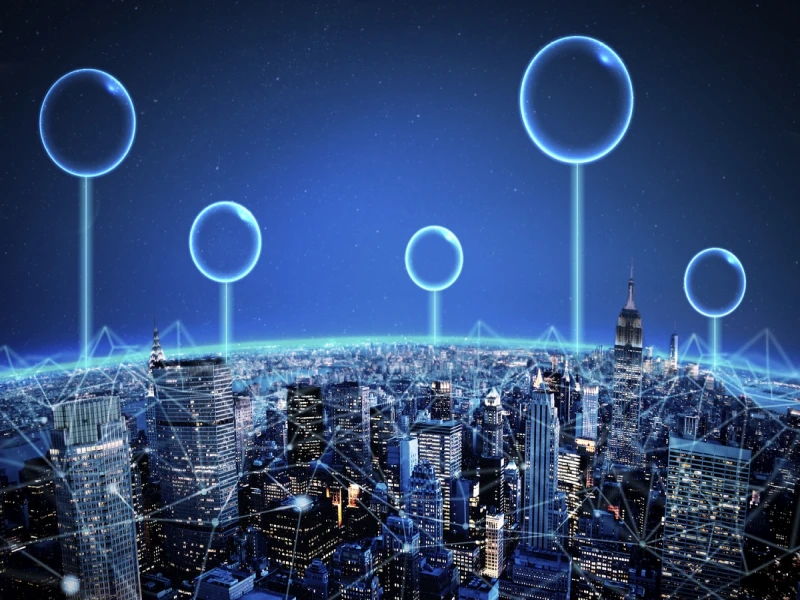
Get Ready to Decrypt: The Future of Marketing in the Decentralized Web
Get Ready for the Future: How Web 3.0 Will Transform Digital Marketing
The internet is on the cusp of a major evolution, and digital marketing is poised to be at the forefront of the change. Web 3.0, the next iteration of the World Wide Web, promises to be a more decentralized, open, and user-centric space, and its impact on digital marketing will be significant.
But what exactly is Web 3.0, and how will it change the way we market in the digital age? Let's dive in and explore some key trends:
1. Decentralization and Data Ownership: Web 3.0 is built on blockchain technology, which empowers users to own and control their data. This means an end to third-party cookies and the data-hungry platforms that rely on them. Marketers will need to shift their focus to building trust and earning user consent for data collection.
Imagine: Instead of relying on third-party platforms to target ads, brands can directly engage with their audiences through decentralized applications (dApps) built on Web 3.0. Users can choose to share their data and preferences in exchange for rewards or personalized experiences.
2. The Rise of the Metaverse: Web 3.0 paves the way for immersive virtual experiences known as the metaverse. Imagine attending virtual product launches, interacting with brands in 3D environments, or trying on clothes virtually. This opens up a whole new world of marketing possibilities.
Example: A clothing brand could host a virtual fashion show in the metaverse, allowing users to interact with the collection and even purchase items directly within the experience.
3. The Power of Community and Collaboration: Web 3.0 fosters a sense of community and collaboration. Brands can leverage this by building engaged communities around their products and values.
Example: A beauty brand could create a DAO (Decentralized Autonomous Organization) where users can co-create products, vote on marketing campaigns, and earn rewards for their participation.
4. The Importance of Transparency and Authenticity: In a Web 3.0 world, consumers will demand more transparency and authenticity from brands. Building trust and demonstrating genuine value will be key to success.
Example: A food company could share its supply chain data on the blockchain, allowing consumers to see exactly where their food comes from and how it's produced.
5. The Emergence of New Marketing Tools and Strategies: As Web 3.0 evolves, new tools and strategies will emerge to help marketers navigate this decentralized landscape.
Example: Non-fungible tokens (NFTs) could be used to create unique marketing campaigns, offer exclusive rewards to customers, or even represent ownership of digital assets.
The transition to Web 3.0 won't happen overnight, but it's important for digital marketers to start understanding its implications now. By embracing decentralization, building trust, and focusing on user-centric experiences, brands can thrive in the new era of the internet.
Remember: This is just a glimpse into the future of digital marketing in Web 3.0. The possibilities are endless, and the future is exciting for those who are ready to adapt and innovate.
What are your thoughts on the impact of Web 3.0 on digital marketing? Share your ideas in the comments below!


